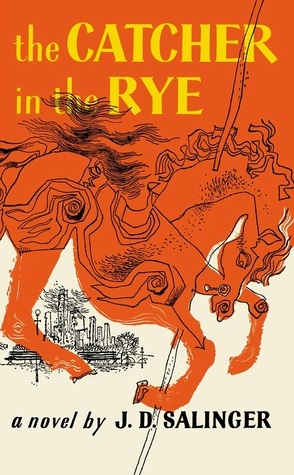Chapter 17: A Test of Mentorship
byTheir conversation quickly turns to Barbara’s admiration for Olivia Kingsbury, a poet whose work has profoundly influenced her and whose mentorship she now hopes to secure. Emily listens with an air of encouragement, nodding at all the right moments while silently appraising the request. Privately, she harbors reservations about Kingsbury’s ability to guide Barbara effectively, given her declining health and the unpredictability of her moods. Despite these doubts, Emily chooses her words carefully, offering support without making any firm commitments.
In an effort to assess Barbara’s talent and level of commitment, Emily asks her to share a poem for critique. Barbara carefully selects Faces Change, a deeply personal and emotionally charged piece that explores the shifting nature of identity in the wake of trauma. She recites the poem with quiet confidence, allowing her words to paint a vivid picture of pain, transformation, and resilience. The vulnerability woven into her verses makes it clear that poetry is not just a pastime for her—it is a means of survival and self-definition.
Emily absorbs the poem with a composed expression, offering measured praise while suggesting a few refinements, mostly minor adjustments to rhythm and word choice. She acknowledges Barbara’s undeniable talent but holds back from fully endorsing her potential, keeping her evaluation neutral. Though her critique is gentle, her silence speaks volumes—she sees something in Barbara, but whether that something is brilliance or rawness waiting to be shaped, she is not yet sure.
As they continue talking, Emily weighs the decision of whether to introduce Barbara to Kingsbury, knowing the implications of such an endorsement. While she admires Barbara’s ambition, she also understands the complexities of the literary world, particularly the silent but ever-present struggles of race and class that dictate whose voices are elevated and whose are sidelined. She remains acutely aware of the delicate line she must walk, ensuring that her involvement does not overextend into a commitment she may later regret.
The evening takes an unexpected turn when Barbara politely excuses herself, leaving behind an almost untouched cup of tea. Later, Emily shares a knowing glance with her husband, Roddy, as they watch a recorded clip of Barbara discreetly discarding the tea and opting instead for a cookie. Emily chuckles, explaining that she had deliberately served Barbara an old, stale blend to test whether she would drink it out of politeness. The small social experiment amuses them both, revealing Emily’s subtle tendency toward control and calculated observation.
This interaction is more than just a moment of quiet manipulation—it underscores the complexities within Emily’s character, highlighting the interplay of mentorship, power, and unspoken judgment. While she extends a hand to Barbara in guidance, she does so with an awareness that every relationship, even those built on artistic ambition, comes with an inherent hierarchy. The dynamic between them is not one of unconditional support, but one of careful evaluation, where every gesture, every interaction, and every unspoken rule carries meaning beneath the surface.
As Barbara steps out into the crisp night air, she remains unaware of the quiet scrutiny she has just endured. To her, the meeting with Emily was a necessary step toward her literary aspirations, a chance to gain the favor of someone who could open doors. But to Emily, it was a test—one that Barbara may not have realized she was taking. With Kingsbury’s name still left in uncertainty, and the weight of Emily’s influence lingering in the air, the evening closes on an ambiguous note, setting the stage for deeper tensions and shifting power dynamics in the path ahead.


